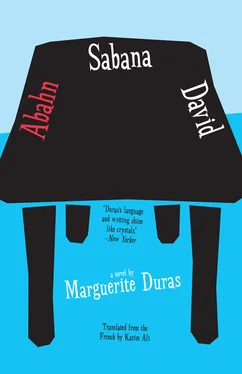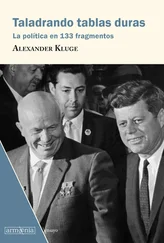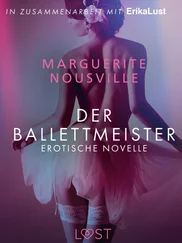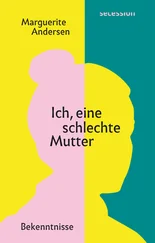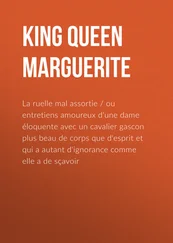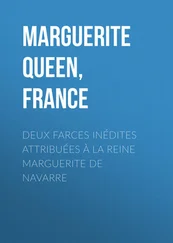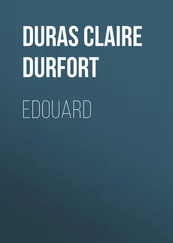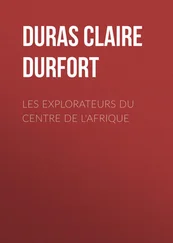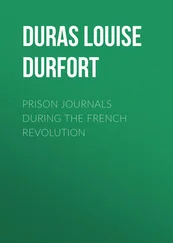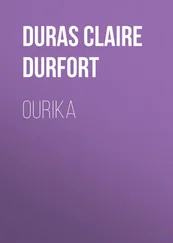“She is dreaming, the dogs are dreaming,” Sabana says.
“No,” says David.
“Or Gringo is trying to kill her.”
David starts and then suddenly calms.
“No. No.”
“They didn’t say anything about killing the dogs,” says Sabana.
“No,” says David.
Sabana turns from David. She goes to the door opening out onto the park. She looks out into the darkness. The cries cease.
“This dog of the Jew’s, Diane,” she murmurs, “has love in her voice.”
“Yes,” says David. “A kind of smile in her eyes.”
“A dog for you to play with,” she says.
“Yes.”
“But they’ll kill her,” Sabana says. “They want only guard dogs here. There are a hundred of them in the field of the dead. The princes of Staadt.”
David listens to the soft, quiet voice of Sabana. Her hands quivering.
“They eat everyday,” she says. “They sleep. They train at sunrise. Sometimes, they put them in the police tanks going to the Jewish neighborhoods. Gringo showers them with praise, throws flowers on them, gives them medals, hangs them on their collars.”
She takes a few steps toward David, then stops before reaching him. They look at one another. She says:
“Sometimes they are free, they release them, they say: ‘You are free, go kill.’ When the Jews pass through the barbed wire on the other side of the field, where the ponds are, we say to them: Go kill.”
“‘You are free,’” repeats the Jew.
David rises. His eyes are flat, opaque. He searches for his gun. Sabana doesn’t seem to have noticed him moving. She says:
“You are free.”
David releases his gun. He looks at Sabana, standing before him. His hands tremble. He smiles at Sabana, a tight and empty smile:
“I don’t understand,” he says.
“You didn’t shoot,” she says.
Silence.
In the park, that same sad howl.
“Diane,” says the Jew.
David turns to look at the Jew, then at Sabana. His gaze focuses and sharpens.
“She cries from despair,” says Sabana.
“A dog?” David asks.
“One can never know” says the Jew.
“A dog crying from despair?” David murmurs to himself.
“Who can ever know,” says Abahn.
•
Silence.
“What time is it?” asks David.
The voice of Abahn:
“Nearly day.”
David sits up straight, frightened. He looks toward the road for the first time. He trembles.
“No, it’s still night,” says the Jew.
“There’s no more shooting near the ponds,” says Sabana. “They’ve left again.”
“I don’t understand,” David murmurs.
They are silent.
This time, in the park, a long plaintive cry. David straightens, says to the Jew:
“They’re hurting Diane.”
The Jew, like him, is listening to the cry. David turns toward Abahn.
“Is she crying out because of the night? The cold?” asks Abahn.
“I don’t know,” says the Jew.
“From fear, I think,” says David.
“That she’ll be killed?”
“That there will be killing,” says Sabana slowly. She falls silent. She has gone back to sleep.
•
The silence.
Sabana leaves David, moving slowly toward the table, to the area where the Jews are. She turns back to him. She seems worried, bothered. “The Jew is going to give you his dogs. You can have them.”
David’s air changes. Happiness seems to break out over him, in his eyes, mixed with the sadness.
“Diane,” says Sabana. “You could take her.”
David waves his hand to silence her.
“Diane,” she repeats, “the Jew’s dog. She could be yours.”
The softness of her voice brings tears to his eyes.
“What are you doing in the house of the Jew?” she asks, “Leave though the forest.”
He shakes his head: no. He says, “Gringo would never want that.”
Silence.
“You know the forest?” asks Abahn.
“Yes,” says David. “Beyond the barbed wire.”
“Big?” Sabana asks.
“Wild,” says David.
“There are jackrabbits.”
“Yes.”
They are silent before this unchanging dream, desperate. Their eyes fixed on some indefinite point in the darkness outside.
“Who told you this?” asks Abahn.
“No one.”
He looks out at the dark park.
“ It’s impossible ,” he says.
“Dogs, gassed,” says Sabana softly. “Millions of them.”
“Yes,” says David.
They look at the Jew. His eyes are closed.
“They have been in the family for a thousand years,” says Abahn. “They are part of it. Gringo will set a price.”
“How?” asks David in a child’s voice.
“From the moment he kills them, he ought to explain why,” continues Abahn. “He will say: I kill them because they are worth so much.”
“Such a rich sum,” says Sabana.
Silence. The Jew has opened his eyes and is looking at David.
•
“It’s starting up again,” says Sabana.
Sabana can hear things that David can’t.
She listens. “The bullets ricochet off the ice. They are on the other side of the park.” She listens again. David watches her. “They’re gone,” she says.
“Again,” David murmurs.
“Yes.”
“I don’t understand,” David says to the Jew.
Sabana goes to him, she stops just before reaching him. “You ought to do it,” she says in a low voice.
Almost imperceptibly, he recoils, never taking his eyes off her. “What?” he asks.
“Kill the dogs of the Jew.”
David doesn’t move. Fear leaves him.
“You could say to Gringo: I killed the dogs of the Jew as well.”
David is still staring at Sabana. The fear builds. Like a smile. He sees the blue of her eyes fade out.
“Gringo would promote you in rank, you could leave off the work with cement, rejoin the Red Army.”
David lifts his calloused hands, he pushes the image away, he cries out.
“NO,” he bellows, his hands raised, his eyes closed against the vision of a dog, killed, executed.
Then he falls silent, his hands fall and grip the armrests of the chair.
He looks over at the Jews.
•
“He is crying,” says Sabana.
The eyes of the Jew are closed.
“There’s crying,” says Sabana. “Someone is crying. It’s either you or him.”
She turns toward David. David doesn’t understand. He passes his hand over his face, he looks at the wet hand. He doesn’t understand.
Abahn, sitting next to the Jew, seems to have forgotten him.
“Or he’s sleeping,” says Sabana.
She pauses, looks at the Jew.
“No. He’s crying. About you. Or about nothing.” Her tone grows soft. “About nothing.”
David leans toward the Jew. His face has a pained expression. “He’s not trying to protect himself.”
“No.”
Sabana and David watch the Jew. Abahn speaks without looking at him.
“He is afraid,” David murmurs.
“He didn’t try to escape,” says Abahn. “He has no reason to feel fear.”
“He’s exhausted.”
“No. Look at him. He’s still strong, still vibrant.”
David examines the Jew with the closed eyes, discovers the strength there.
“It’s true,” he murmurs.
“The life he’s led ought to have prepared him for what awaits him,” says Abahn.
They are silent.
“But who is he?” David asks again.
“I don’t know,” says Abahn.
“He was bored of the Jewry,” says Sabana, “of life wandering on the road. That’s why he came here.”
She turns to Abahn. She says:
“That’s you as well, the Jew.”
“Yes,” says Abahn. “Me too.”
All these words sink into David: he looks at the Jew, just him. Still staring at him, he says:
Читать дальше
